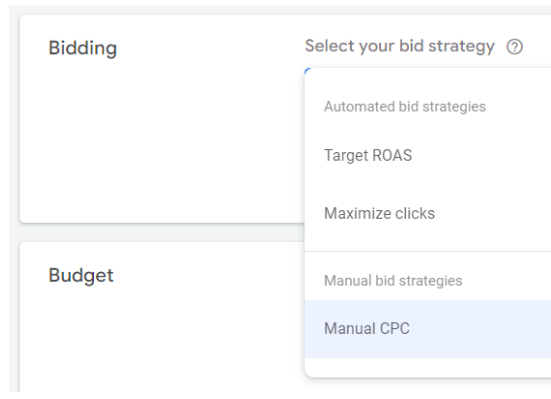Affiliate marketing is everywhere these days—from TikTok to niche forums for hobbyists. It’s a powerful way for brands to boost sales by partnering with affiliates who promote their products in exchange for a commission. You’ve probably seen these promotions on social media or heard about them during your favorite podcasts. But while the potential for growth is huge—projected to hit nearly $40 billion by 2032—there are important compliance rules brands need to follow to avoid pitfalls.
Why is Compliance Important?
- Protecting Your Brand
Your brand’s reputation is everything! Compliance policies help ensure that your brand isn’t negatively impacted by the actions of affiliates. For instance, if an affiliate commits fraud using stolen credit cards, your brand could be dragged into the situation, leading to bad reviews and tarnishing your image. - Mitigating Risks
Using unethical marketing tactics can put your brand in hot water. Even if you didn’t know about these practices, you could still face lawsuits and damage to your reputation. The best defense is a good offense: Document and enforce compliance policies to show that you’re serious about preventing fraud. - Protecting Your Bottom Line
Compliance isn’t just about having policies; you need to monitor your affiliate programs regularly. Look out for unusual behaviors, like higher return rates or strange conversion rates. If affiliates are boosting sales by making fake purchases, it could inflate your costs significantly! - Safeguarding Your Customers
Compliance also protects your customers from unethical practices, such as:- Cookie Stuffing: Tracking users without their consent.
- URL Hijacking: Misleading links that redirect customers to affiliate sites.
- False Advertising: Misrepresenting products or not disclosing financial incentives for promotions.
Even if these practices are done by affiliates, your brand can face legal consequences. For example, the Federal Trade Commission (FTC) has acted against cookie stuffing and false advertising.
How to Ensure Your Affiliate Marketing Program is Compliant
- Stay Informed: Keep up with the latest regulations affecting affiliate marketing.
- Document Policies: Clearly outline your compliance policies and make them accessible to your affiliates.
- Monitor Activity: Regularly check for signs of fraud or unethical practices within your affiliate program.
- Educate Affiliates: Provide training on compliance expectations and best practices.
By prioritizing compliance in your affiliate marketing strategy, you not only protect your brand and bottom line but also foster a trustworthy relationship with your customers.









Leave feedback about this